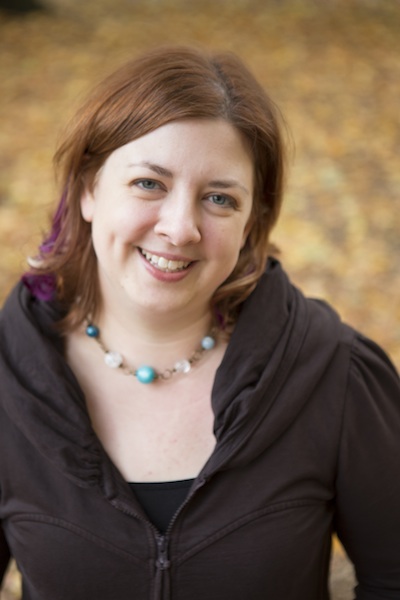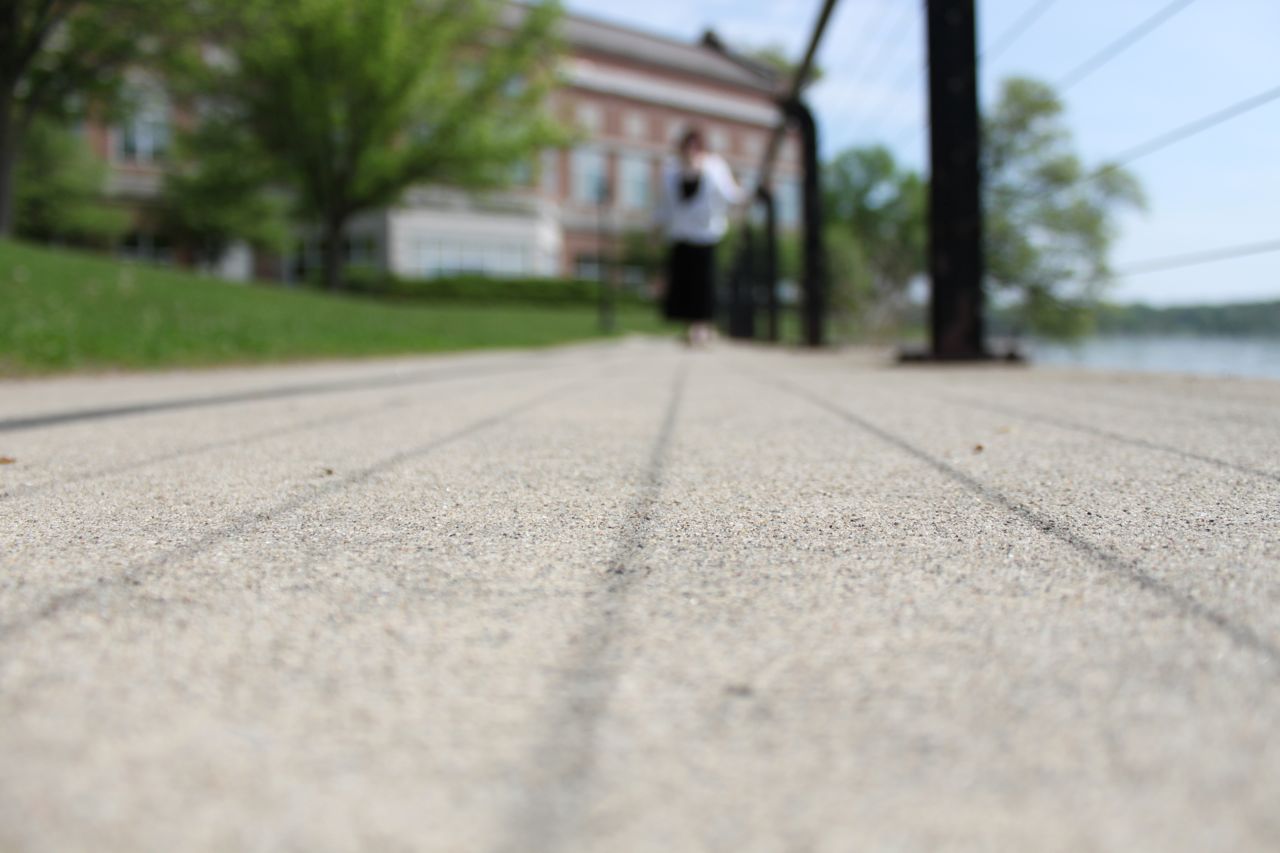Why Get an MFA in Writing? (In The Word Cellar)
 Wednesday, August 17, 2011 at 6:23PM
Wednesday, August 17, 2011 at 6:23PM notes for my graduating lecture, "The Secret Life of Language"
Back in May I declared that I would revive the bi-monthly "In The Word Cellar" writing column with a mini-series on choosing an MFA program. But then for the rest of May and part of June I was frantically finishing up work for my degree. By mid-June I was scrambling to complete freelance projects and get ready to go to Vermont for my final on-campus residency and graduation, which took place at the beginning of July. And then I took a road trip with my husband to celebrate and -- phew! -- relax. I've been home for a month, but my creative spirit is just now starting to catch up with my body. I can't believe that nearly a whole season has passed since I promised you more "In The Word Cellar" posts, and I'm sorry for not fulfilling that offer. I'm not suggesting that you've been holding your collective breath, but I know that some of you have wanted me to address this topic for awhile. This blog is just about the only place that I miss "deadlines" (unless you count "laundry" and "dusting" as things with deadlines), but that needs to change. (Read more about my love-hate relationship with structure.) Thanks for sticking with me. I appreciate you being here.
Why get an MFA in writing?
First, a caveat: I don't believe that graduate school is a requisite for becoming a better writer. There are plenty of ways to do that, and an MFA program is just one way. It was the right choice for me, so I'll speak from my personal experience. Please know that I'm not trying to sell anyone on that option.
So the question really is: Why did I get an MFA in writing?
The short story
I was looking for the following three things:
- formal training and feedback to help me continue growing as a writer;
- community with other writers; and
- connection to the wider world of writers, writing, and publications.
The longer story
In November 2008 I spent five grim days in a beach house on the Jersey shore. A friend had invited me to join her and two other women for a writing retreat. The days were grim not for the company, but for the weather and fact that I had terrible writer's block. Inside, I stared mournfully at my laptop and checked my email obsessively. Outside, the sky hung flat and grey, the rain, drizzle, and fog erasing the sun all day every day. After a few days of this washout (weather-wise and creatively), my mood matched the sky: dreary.
Down in the house kitchen things were cheerier. Each night the four of us met to make dinner and to discuss writing. The other three had more formal training and creative writing experience than I did. One had even published a novel and was emailing her agent or editor about her second book while we were at the retreat. (Interesting side note: The published author had an MBA while the other two had MFA degrees.) Each evening, I was pleased to note that I could keep up with the conversation despite my relatively junior status. But I also realized that I was often trotting, perhaps even skipping, to keep up. These were my peers, yes; but they were several steps ahead of me. I let this bruise my ego until I realized that it was an opportunity to learn.
I wrote almost nothing during those five days, but several thoughts that had been bubbling under my mind's surface began to coalesce. For many months I'd felt like my writing has reached a plateau, and I didn't know how to move forward.
From "I suck" to "How do I improve?"
In my teens and twenties, it was easy to wrap myself in the insecurity blanket embroidered with the mantra, "I suck." But as I eased into my thirties, I'd learned to embrace my identity and skill as a writer. I finally believed that I was a good writer, but I knew that I could be so much better. This new stance was both empowering and bewildering. I knew I could improve, but I didn't know how.
For too long I'd been writing in a relative vacuum with limited feedback. I'd let the solitary nature of a writer's life edge out communion with other writers. I'd immersed myself in the practical side of freelance writing at the expense of living a "life of letters." I knew that literary journals existed, but I knew nothing about them. I didn't know what contemporary authors were publishing what. At the retreat I realized I didn't even know a lot of basic creative writing terms.
A decade earlier, as a senior in college, I'd considered graduate school. I looked at Master of Arts (MA) programs for literature studies, but they didn't feel quite right. I had no intention of pursuing a writing degree; just the thought terrified me. Back then, I didn't believe I could be a writer.
During the intervening ten years, I thought about grad school every so often, but no area of study appealed to me enough. I knew that if I went back to school I'd be getting the degree for the sake of having a masters degree; it would be an ego-driven decision, which wouldn't be worth the investment of time or money.
The obvious epiphany
Then one night, as I sat in that New Jersey beach house staring at my laptop, listening to the rain, and despairing, a little nugget of a hopeful and obliquely obvious idea crept up on me. What if I went to grad school for writing?
It seemed impossible, but the thought energized me. I had no idea where to go to school or even how to research programs. But the Internet is a magical place, and a few web searches later I would have a long list of possibilities.
Next time I'll tell you more about how I created and narrowed down that list of possibilities.
But right now, I want to jump back up to that list of reasons at the top of this post. I was looking for these three things:
- formal training and feedback to help me continue growing as a writer;
- community with other writers; and
- connection to the wider world of writers, writing, and publications.
I knew I could get all of those pieces outside of a graduate program. I could find online resources and travel to in-person workshops and seminars. I could reach out to my very small circle of writer friends (so small it was more like a semi-circle) for community as well as for recommendations on what to read and how to plug-in to the writing world.
In fact, I knew I could probably achieve all three of these things without dropping tens of thousands of dollars on a formal degree program. As I said in the last "In The Word Cellar" post, one good writer friend tried to talk me out of going back to school and touted the alternatives. She made some good points, but my gut was telling me that grad school was the right path for me.
I haven't always had an easy time listening to my intuition or making decisions, but the more I put the puzzle pieces together, the more I felt that an MFA was the best way for me to find everything I wanted. I liked that it would all come as a package deal. I liked that I wouldn't have to cobble together craft and community and connection by myself.
By the time I climbed into my car to drive the long diagonal line from the northern New Jersey Shore to my house in the southwestern corner of Pennsylvania, the sky was bright blue. And I knew that if I went back to school it wouldn't be just for my ego.
Next time: How I researched and chose an MFA program.
**Questions? Leave them in the comments and I'll reply there or address them in an upcoming column.**
In The Word Cellar normally runs on the second and fourth Wednesday of the month. Read other posts in the series here.
 in the word cellar,
in the word cellar,  mfa,
mfa,  writing,
writing,  writing life,
writing life,  writing tips
writing tips 


